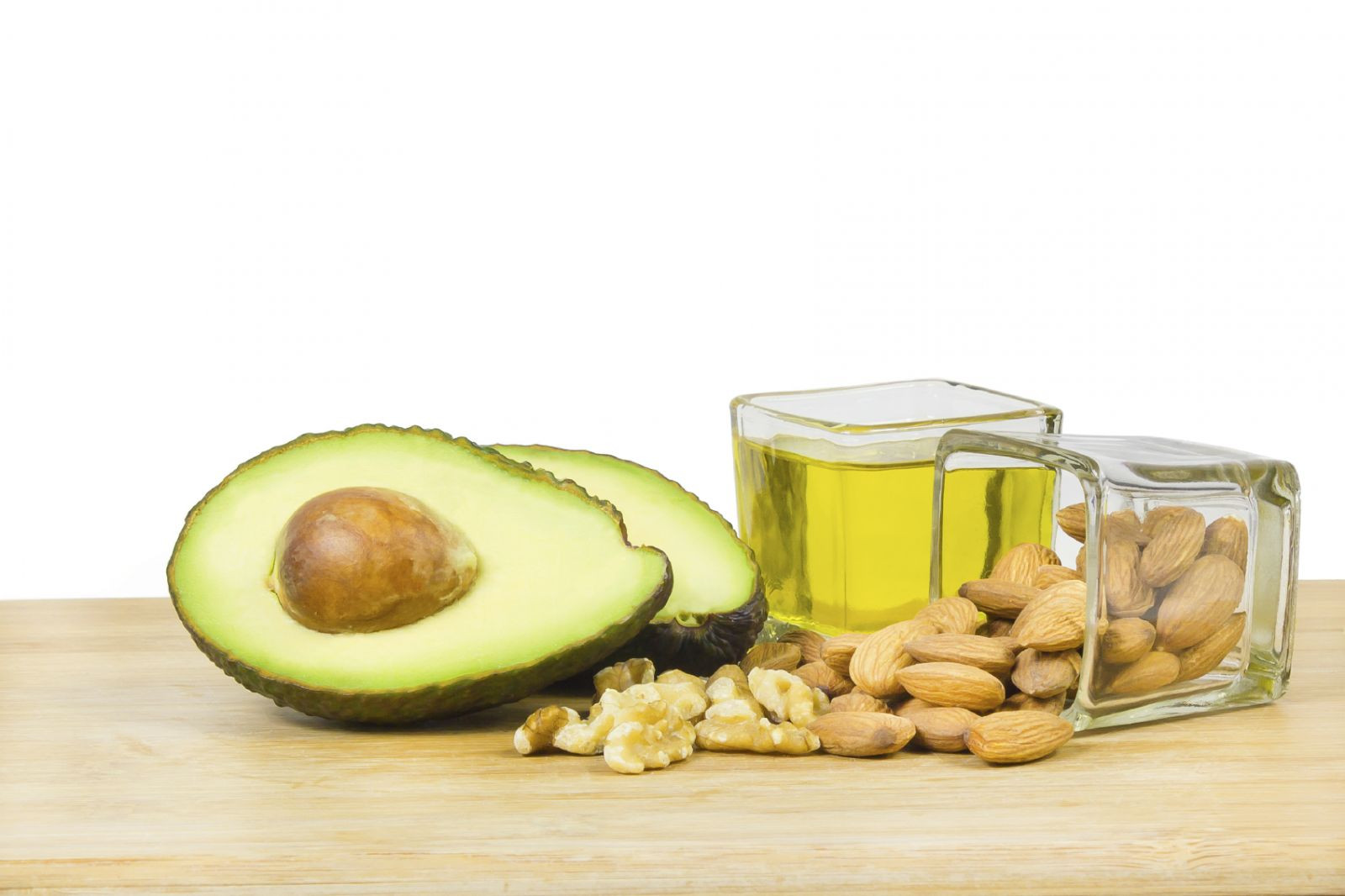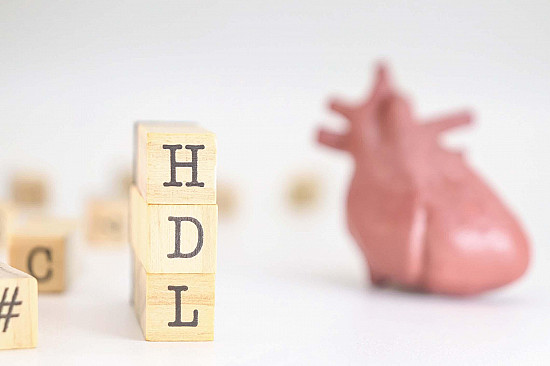The truth about dietary fat

For years, experts recommended low-fat diets as a way to lower cholesterol and heart disease risk. Today, we know that low-fat isn't the way to go after all. A healthy diet includes plenty of "good-for-you" fats — and limits the unhealthy ones. Current dietary guidelines recommend that you get 20% to 35% of your daily calories from fat. Even more may be fine, if you follow these simple guidelines.
Favor the "good" fats.
The best sources of healthy fats are oily, cold-water fish, such as salmon and tuna; plant sources such as avocados and nuts; and vegetable oils, such as olive, canola, soybean, and cottonseed oils. These fats promote heart health because they lower cholesterol levels — and they may even fight chronic inflammation, which may contribute to heart disease. It's okay to get up to 35% of your daily calories from fat — as long as most of it comes from sources like these.
Limit saturated fats
Typical sources of saturated fat include animal products, such as red meat, whole-fat dairy products, and eggs, and also a few vegetable oils, such as palm oil, coconut oil, and cocoa butter. Saturated fat can increase your levels of "bad" LDL cholesterol. But it has some benefits, too — it lowers triglycerides and nudges up levels of "good" HDL cholesterol.
The role of saturated fat in heart disease is currently under debate. For now, it's best to limit your intake of saturated-fat-rich foods.
To learn more about good and bad fats and other factors that contribute to your cholesterol levels, buy Managing Your Cholesterol, a Special Health Report from Harvard Medical School.
Disclaimer:
As a service to our readers, Harvard Health Publishing provides access to our library of archived content. Please note the date of last review or update on all articles.
No content on this site, regardless of date, should ever be used as a substitute for direct medical advice from your doctor or other qualified clinician.















